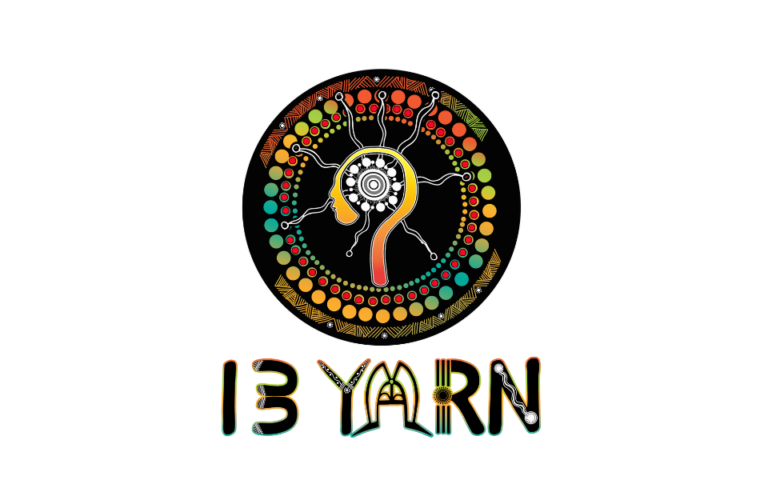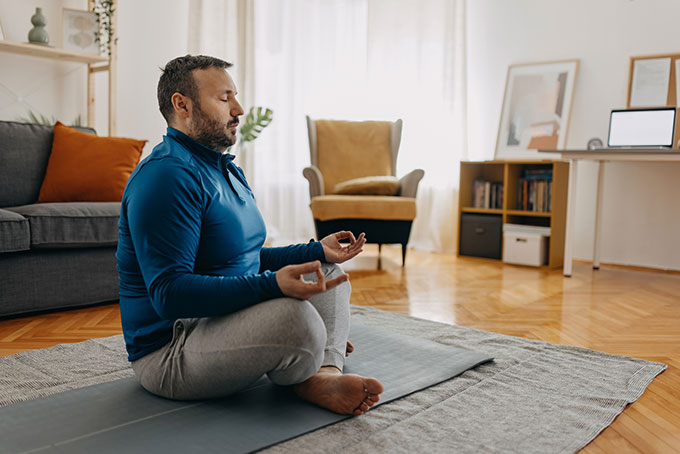What are the signs of a toxic relationship?
The relationships in our lives have a significant impact on our quality of life. Having meaningful and fulfilling relationships means we are supported, empowered, and cared for when it counts. Our intimate partners, friends, family, and colleagues all play an important role in our lives, and if things aren’t working in any of these relationships, it can be harmful to our wellbeing. When you are in a toxic or difficult relationship, you may feel more stressed and anxious, have trouble sleeping, notice changes in your mood, and have lower self-esteem.
There are both obvious and subtle signs that a relationship isn’t quite right and could be toxic. Here we explore what they might look like.
Arguing too much
It’s normal to face some conflict from time to time, however, in a healthy relationship, you should be able to work through disagreements without causing ongoing stress or hurt. If disagreements escalate to big or ongoing arguments that you struggle to resolve, then this may be a problem. Consider whether you feel comfortable disagreeing with this person or if you’re able to let things go when they become heated. If the answer is no, this can be a sign of a toxic relationship. You don’t always have to agree with each other, but in a healthy relationship, you make an effort to try to understand the other person’s perspective.
If the person becomes violent, you should let someone else know what is going on and remove yourself from the situation safely and quickly. No one has the right to control, intimidate or harm you. You can reach out to 1800RESPECT for support, and if you are in danger, call 000 immediately.
Silence
We’ve heard of the ‘silent treatment’ – when someone ignores your invitations to communicate and blocks you out. This is a toxic behaviour in relationships because it can inflate conflict, cause uncertainty, and ultimately prevent the chance for resolution. While it’s okay to have some space after a disagreement, if the person refuses to communicate after a reasonable amount of time, it can make the situation worse. Healthy relationships allow both parties to openly communicate and listen to each other’s perspective.
Mean-spirited comments
Insulting the other person, making rude comments, or reminding them of past mistakes are all examples of being mean-spirited. Sometimes, this behaviour occurs when we don’t communicate openly and fairly in a relationship, causing us to bottle things up and then saying something at a time when we know it will hurt the other person. Making mean comments can also be a sign of insecurity or discontent – when someone uses them to bring down the other person in an attempt to make themselves feel better. In a healthy relationship, both people are respectful and mindful of the other person’s feelings.
Uncomfortable expressing feelings
If you can’t express how you are feeling because you are worried the other person will react negatively, this is a toxic dynamic in a relationship. When we cannot communicate openly and honestly, we may feel anxious and frustrated or resort to secretive behaviour. If you feel like you are always walking on eggshells, worried that you might upset the other person, or that you can’t be yourself around them, there could be a problem. Healthy relationships allow each person to express themselves and support one another.
Too much effort
Have you noticed that you’re often the one putting in the effort? You always initiate making plans, calling the person and so on. Or perhaps the other person only talks about themselves and never asks about you. A healthy relationship needs both people to contribute. Without this balance, the person putting in the effort may feel taken for granted or that the other person doesn’t really want to spend time with them. If you feel as though the effort is constantly one-sided, this is not a healthy dynamic. Of course, it’s not always a perfectly equal balance – there may be times when one person is going through a difficult or busy period and the other person is making an effort to support them.
Isolation
If someone has behaviours that isolate you from the people in your life, this is not a good sign. They may be restricting you from meeting up with friends or family, or making you feel guilty when you do. Any actions that control our relationships with other people can be very harmful, potentially leading to conflicts or broken ties with people we care about. When we are isolated from our support networks, we can also experience feelings of loneliness, stress, or sadness. When someone cares about us and has our best interests at heart, they will not want to restrict our other relationships. They will be secure and trusting enough to encourage us to spend time with whomever we like.
Lack of trust
Trust is a core foundation of a good relationship, and it can take time to develop. When trust is consistently absent or broken, it can create a toxic environment filled with doubt and anxiety. Do you worry or have feelings of doubt about the other person’s behaviour? Or are you being treated as though you are not trusted? This lack of trust can stem from previous experiences, insecurity, or actual breaches of trust within the relationship. This dynamic can lead to issues such as anxiety, conflict, secrecy or controlling behaviour. Open and honest communication is an important element in building trust, as well as allowing each other the freedom and space to make our own decisions.
No respect
Disrespectful behaviour towards someone or a lack of respect for them is a toxic relationship trait. This can look like dismissing the other person’s values or opinions, being inconsiderate of their needs, or consistently putting them down or making fun of them. While you may not always see eye to eye on everything, healthy relationships mean we still try to be respectful of those differences. If you feel you are not being treated as an equal, this is a sign of a lack of respect.
Unhappiness
When unhappiness becomes the norm rather than the exception, it’s an indicator that something needs to change. Ultimately, a healthy relationship is fulfilling and evokes happiness. Your connection with this person should bring you happiness. You will have disagreements and arguments from time to time, but your relationship shouldn’t make you unhappy. If someone causes you prolonged stress, sadness, anger, or fear, this is not a healthy relationship – it is toxic. Consider what you are getting out of your relationship: How do you feel when you are spending time together? How do you feel in the lead-up to seeing them? How do you feel afterwards? A healthy and positive relationship will not cause unhappiness in these scenarios.
Recognising these signs is a step toward creating healthier relationships in your life. If you identify unhealthy and toxic patterns, consider whether you can work together to address the issues if both parties are willing, seek professional help through counselling, or make the difficult decision to distance yourself from the relationship.
If you’re experiencing ongoing distress, reach out to trusted friends, family members, or mental health professionals who can offer support and guidance.
Healthy and happy relationships are built on open communication, mutual trust and respect, shared values, and genuine care for each other. You deserve to feel safe, valued and happy in your relationships.
If you’re overwhelmed by your situation, our Suicide Call Back Service counsellors are available on 1300 659 467. You can also click on the chat button on the right to access online counselling. Our service is free and available 24/7.
If you are impacted by violence and abuse, contact 1800RESPECT. They are a free national domestic and family violence counselling, information and support service.
Relationships Australia is a community-based organisation that offers a range of services, including counselling. Visit their website and click on your state or territory to find out what is available near you.
In an emergency, call 000.









